India has floated an audacious plan to turn every car, bus, truck, and everything in between, into an electric vehicle (EV) by 2030.
To get there, according to a recent report (PDF) by India’s NITI Aayog and the Rocky Mountain Institute in the US, between six and seven million EVs will have to ply on Indian roads by 2020. But that’s a tall order considering that a mere 22,000 such units were sold in the country in the 2016 financial year.
So, to build scale, which’ll be essential to jumpstart EV adoption, the Narendra Modi government plans to roll out an EV-based public transport system with auto-rickshaws and buses running on batteries that can be swapped after a certain distance.
“We’re looking at some time towards end of this year (for the) launch,” said Ashok Jhunjhunwala, a principal advisor to the ministry of new and renewable energy who is helping with the project. He declined to provide details of the possible size of this proposed EV fleet or the cities where it could be piloted.
Jhunjhunwala, on a sabbatical from his professorship at the Indian Institute of Technology (IIT)-Madras, explained that the government asked him to scale up EVs within 2017, and without any subsidy. “It looked impossible. I was almost ready to pack my bags and go back,” he said, speaking at a Shell Lubricants global lecture series event at IIT-Delhi on June 07.
The primary roadblock was the high cost of batteries for EVs, which could not be offset without subsidies, he explained. But interacting with the automotive and EV industry, Jhunjhunwala realised that there was an opportunity to build volumes if EVs could be separated from the single most expensive component: batteries. “We said we’ll start buying vehicles without battery,” he said. “For example, if I want to buy a bus or a three-wheeler, I’ll buy it without (the) battery but with enhanced (vehicle) efficiency.”
This arrangement, Jhunjhunwala said, brings the cost of EVs (without battery) at par with conventional vehicles. By focusing on higher efficiency vehicles and batteries that can be swapped at regular intervals, the cost per kilometre can be brought down to levels comparable with diesel, petrol or CNG vehicles. Compared to larger batteries used in EVs, which typically aren’t interchangeable, these swappable batteries are smaller, cheaper, and take less time to charge. “Suddenly the whole economics was working. And once the economics work, one can scale,” he said.
With the hardware sorted out, these systems can be integrated into an urban transport system to create an EV-based network. Auto-rickshaws, for instance, travel between 80km and 130km daily, which meant that batteries could be swapped at around the 40km-mark.
When Jhunjhunwala took the idea to auto-rickshaw drivers in Delhi, the first question was how long will it take to swap batteries. “The next question they asked, how many stations will be there where I can swap? I said about 100 station in Delhi,” he said. So, the drivers figured that the blueprint could work if the infrastructure is in place.
Already there are over two dozen manufacturers ready to supply these electric auto-rickshaws and batteries, Jhunjhunwala said. Some 10 other firms can build charging units at under Rs1.5 lakh. “Everything other can than battery cells, we can make in India,” he said.
Similarly, a swappable battery-based system is being designed for city buses. Jhunjhunwala’s research found that some 95% of these buses in the country travel less than 30km per trip, which allows batteries to be swapped at the terminal point where the bus turns around for the return journey. “In 10 minutes, we can swap the battery,” he said.
He is now working to refine the specifications for the entire system, before launching into testing and certification in the next few months. If everything goes to plan, electric auto-rickshaws with swappable batteries could be on Indian roads by November this year. And it won’t be just a handful.
“Without volumes, you just get nowhere,” Jhunjhunwala said. “We’re very clear, we are talking about volume, volume, volume.”



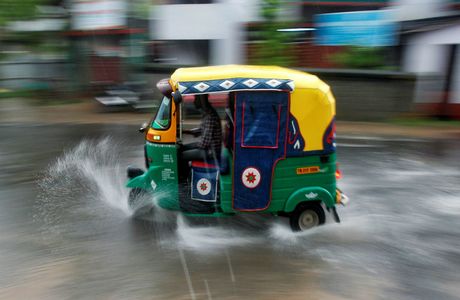
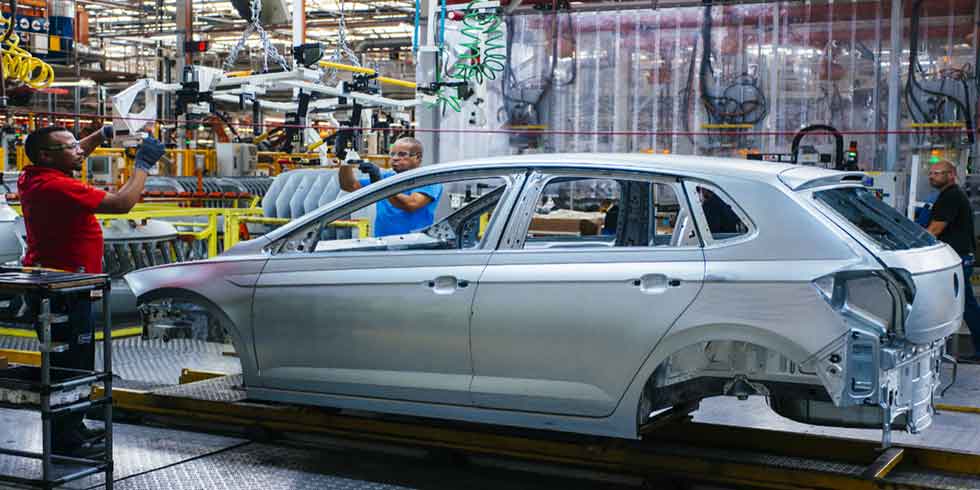
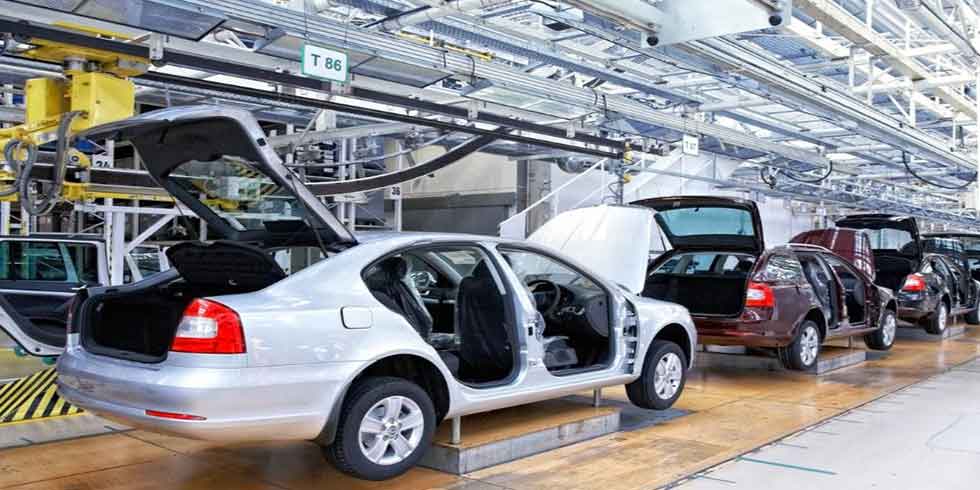
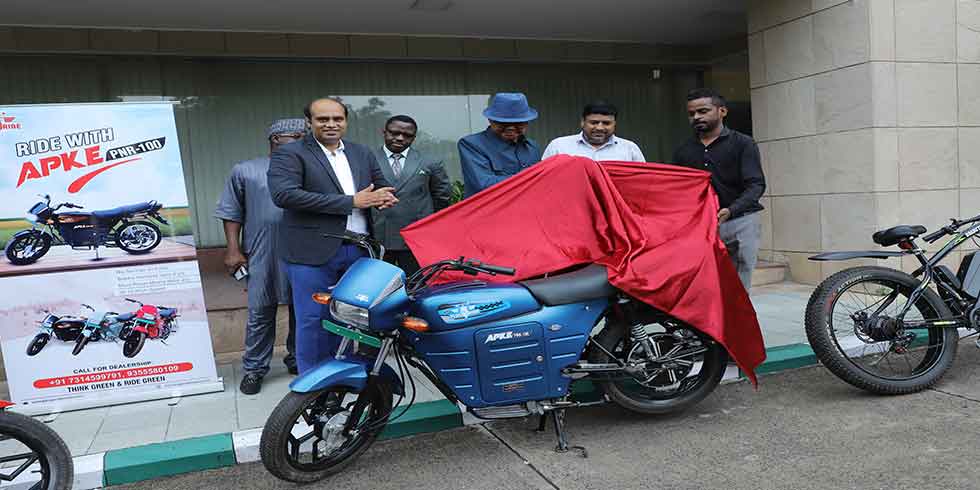
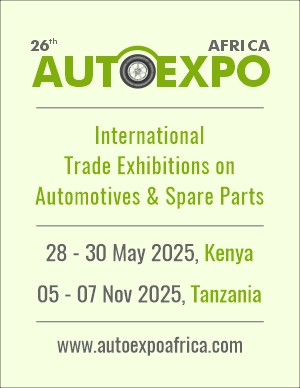

Add Comment